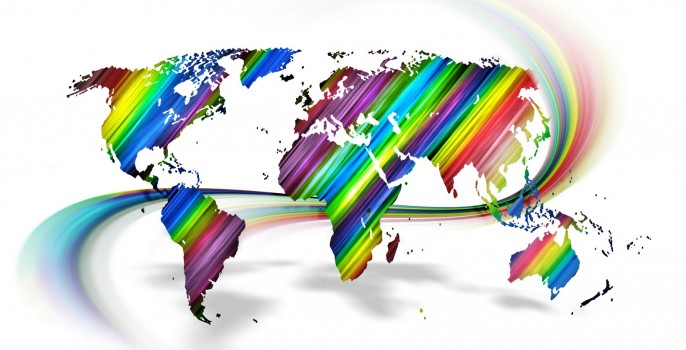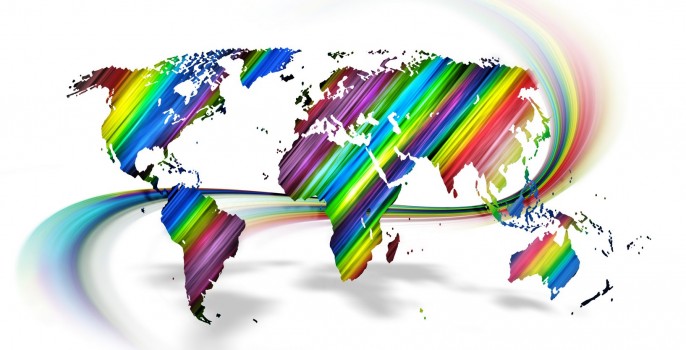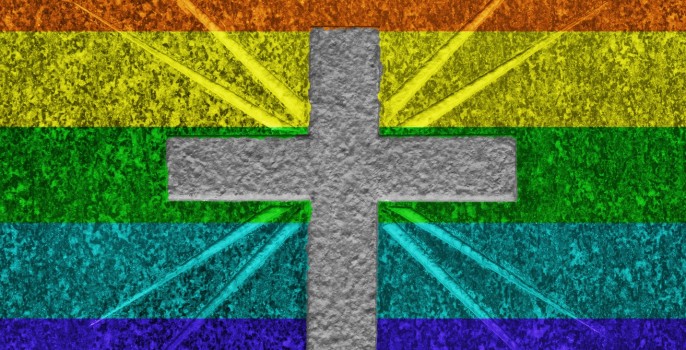From the Conference Hall of the ICARH in the Nigerian Capital, Abuja, on May 17, 2013 the following statement was made by Ifeanyi Orazulike, Executive director of the International Centre for Advocacy on Rights to Health and Co-Chair of the Sexual Minorities Against AIDS in Nigeria (SMAAN): “STOP HOMOPHOBIA: Ending Homophobic Violence and Inhuman Degrading Treatment on the Basis of Sexual Orientation and Gender Identity in Nigeria.”
Background information
As we all know that homophobia is promoted in Nigeria by policy makers by the virtue of legislation to further criminalize the Nigerian citizens on the ground of their sexual orientation and gender identity, as well as organizations, religious extremists and individual through homophobic campaigns and hate speeches. Homophobia has been a justification for many human rights violations in Nigeria. Consequently, homophobic violence happens with impunity since perpetrators of homophobic violence are not brought to book.
Why is this happening?
The Nigerian government continues to propose for the criminalization of relationships involving persons of the same sex by allowing religious extremists to influence her policy making process with claims that same sex relationship or marriage is a “sin” in a secular state of over 100 million persons, acknowledging the fact that the constitution of the country was not drafted on such basis. Also the lack of political will of the Nigerian government to use its protective mandate in ensuring equal protection for all citizens regardless of their sexual orientation fuels homophobia in Nigeria.
Present Situation
From our evidence based programs over the past twelve years, we are able to identify homophobia as a major setback in the addressing the health challenges and human rights needs of LGBTI population in Nigeria despite the constitutional provisions of protection of all persons from discrimination as enshrined in Chapter 4, Section 42 of the Nigerian constitution. Many Nigerian and non-Nigerian citizens had suffered acute human rights violations on the ground of suspected or actual sexual orientation due to homophobia. Specifically, in the last one year, on the list of documented human rights violated targeted at LGBTI persons in Nigeria alone are arbitrary arrest, torture in custody, curative rape, illegal detention (private cells), forced dismissal from employment, forced disappearance, community violence, blackmail, extortion and murder of persons on the basis of their perceived or real sexual orientation.
Despite this dilemma, majority of LGBTI persons prefers not to report human rights violations they experience due to the policy environment. Due to the situations of extreme homophobia, LGBTI persons are driven underground, hence decreasing the number of sexual minority persons willing to come out and access human rights and healthcare services geared towards addressing their social developmental needs. A notable fact is the preliminary findings of the IBBSS that reflects an increase in the national HIV prevalence among MSM from 13.5% to 17.1% between 2007 and 2010 respectively, while the national HIV prevalence has dropped from about 5.8% to 4.4% in the same period.
Implications of homophobia
Homophobia impedes the social economic development of Nigerians and thereby promotes intellectual brain drain as people perceived to be homosexuals run to countries with a favorable living conditions and policies, though economically less endowed as Nigeria. The promotion of laws that endangers any fragment of the national population presents Nigeria as country where the protection of the fundamental human rights is not assured. Homophobic laws and policies have negative repercussion on Nigeria; however, the poor and less privileged are liable to suffer.
As we all know that what happens in one part of the world affect another, as the world’s population of about seven billion people continue to have access to the web, the problem of homophobia has change dimension overtime. It has transformed from physical homophobia, to cyber-homophobia, thus the definition of homophobia being an unexplainable and extreme fear of a homosexual person remains the same. It is also important to know that the negative impact of cyber-homophobia is even worse than a physical one. While many countries around the world progresses in terms of socio-cultural and economic advancement, Nigeria suffers from the aftermath of homophobia such as violence involving loss of lives and property. Although many transgender and intersex people are not homosexual, recently reports reflects a community lynching of an intersex person in Warri, Delta state, among other inhuman degrading treatment targeted at gay, lesbian, bisexual, transgender and intersex persons.
How homophobia does affect you
The negative policy environment by the virtue of the Criminal Penal Code the proposed Same-Sex Marriage Prohibition Bill in Nigeria, propose to hinder the effort of human rights defenders and health care service provider who target sexual minority persons, however this has grave consequences on public health of over 160 million Nigerians.
Today
As we commemorate the 2013 International Day Against Homophobia worldwide, ICARH seeks this opportunity toimplore all human rights stakeholders to join the fight against homophobia in their respective fields and provide for a platform of collaboration in dealing with perpetrators of hate crimes on the basis of sexual orientation and gender identity.
What we must do
According to the Secretary of the United Nations Ban Ki Moon, “‘culture, tradition or religion’ is no excuse, governments have to protect gay, bisexual and trans people”. We must remind our law makers of the implications of homophobia and encourage law makers to use their protective mandate to protect the rights of marginalized populations including the rights of sexual minority persons.
We must remind our law makers of the implications of homophobia and encourage law makers to use their protective mandate to protect the rights of marginalized populations including the rights of sexual minority persons.
Organizations should amend their policies to become an equal opportunity employer.
Human rights shareholder should organize a staff briefing or community event on the implication of homophobia.
Finally, Individuals should join the Fight against homophobia web virus on the internet and social media, and refer identified cases of human rights violation to the nearest LGBTI organizations especially human rights violations of the rights of Transgender and Intersex persons.
On a closing note
We deeply express our gratitude for honoring our invitation and we hope to see you at the next international day against homophobia.
Thank you all.



